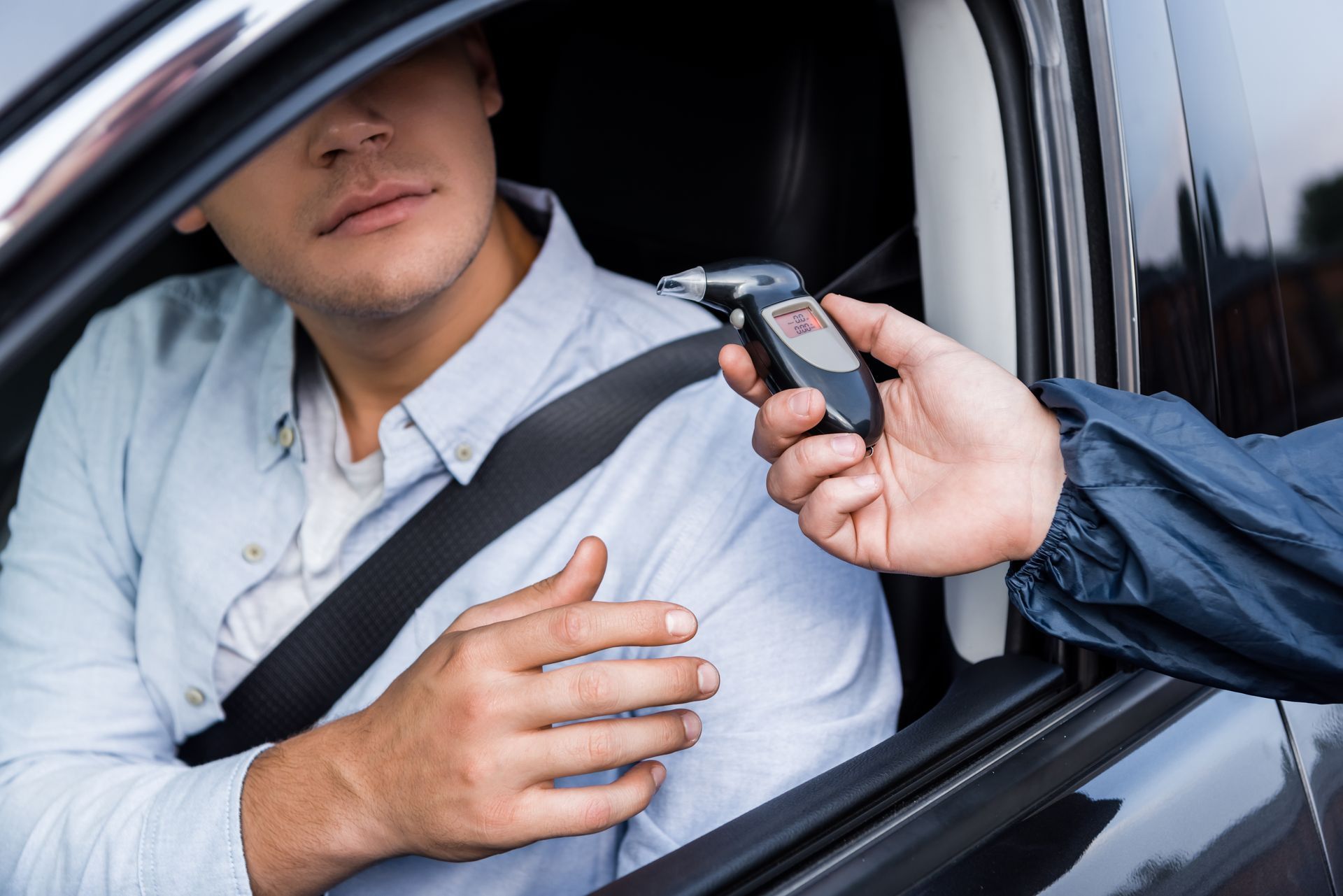Breathalyzer Test in Myrtle Beach, SC
Know Your Limits With a Breathalyzer Test
The laws and regulations surrounding a DUI charge can be complex and the process can be difficult to understand. If you have been arrested for driving under the influence in Myrtle Beach, SC, we at Harwell Law Firm, P.A., recommend that you consult with an experienced DUI attorney right away. If you have been arrested with DUI, chances are that law enforcement will ask you to submit to a breathalyzer test. The breathalyzer is a device that measures your blood alcohol content based on the amount of alcohol in your breath. In Myrtle Beach, SC, depending on the circumstances, your driver's license can be suspended anywhere from one month to fifteen months if you fail the test or refuse to submit to the test.
It is important to note that you do have the right to refuse the breathalyzer test, or other test such as a blood or urine test, to determine the amount of alcohol or drugs in your blood. However, by obtaining a driver's license in Myrtle Beach, SC, you automatically consent to such a test if law enforcement requests that you take a test. This is also known as the implied consent law. Even though you do have the right to refuse the breathalyzer or other test, under Myrtle Beach, SC law, if you refuse to take a test, your driver's license will be immediately suspended for six months, and your refusal may be used against you in court. However, depending on the number of prior DUI convictions you have had in the past ten years, a refusal can leave you with a license suspension for up to fifteen months.
Even if you do submit to the breathalyzer test, if you fail the test, your license may also be suspended. If you blow a 0.15 or higher on the test, your license can be suspended for one month, but remember that the length of time your license is suspended may be longer if you have had prior DUI convictions in the last ten years. Also, any license suspension based on a conviction for DUI may have license implications that are independent of any suspension relating to the Myrtle Beach, SC implied consent law.
If you face license suspension due to your refusal to take the test, or because your blood alcohol content registered as 0.15 or higher, it is possible to get your license back via an administrative hearing before the Department of Motor Vehicles. Once your license is suspended, you may request an administrative hearing to challenge your breathalyzer test by filing the appropriate forms and fees. After your request has been processed, you may also apply for a Temporary Alcohol Restricted License (TARL) which allows you to drive until your administrative hearing before the DMV. A successful outcome at your administrative hearing will end your license suspension. However, if you are unsuccessful, the license suspension either remains or goes back into effect. It is possible that you may be able to obtain a restricted license that will allow you to go to work or school, but upon completion of the suspension, you will be required to enroll in the Alcohol and Drug Safety Action Plan and to pay any required fees in order to have your license reissued.
If you have been arrested and charged with DUI or refusal to submit to the breathalyzer or other test, it is important that you speak with an experienced DUI attorney as soon as possible. The attorneys at Harwell Law Firm, P.A., can review the facts of and evidence in your case and help determine the quickest way to get you back on the road if you are facing a license suspension.


